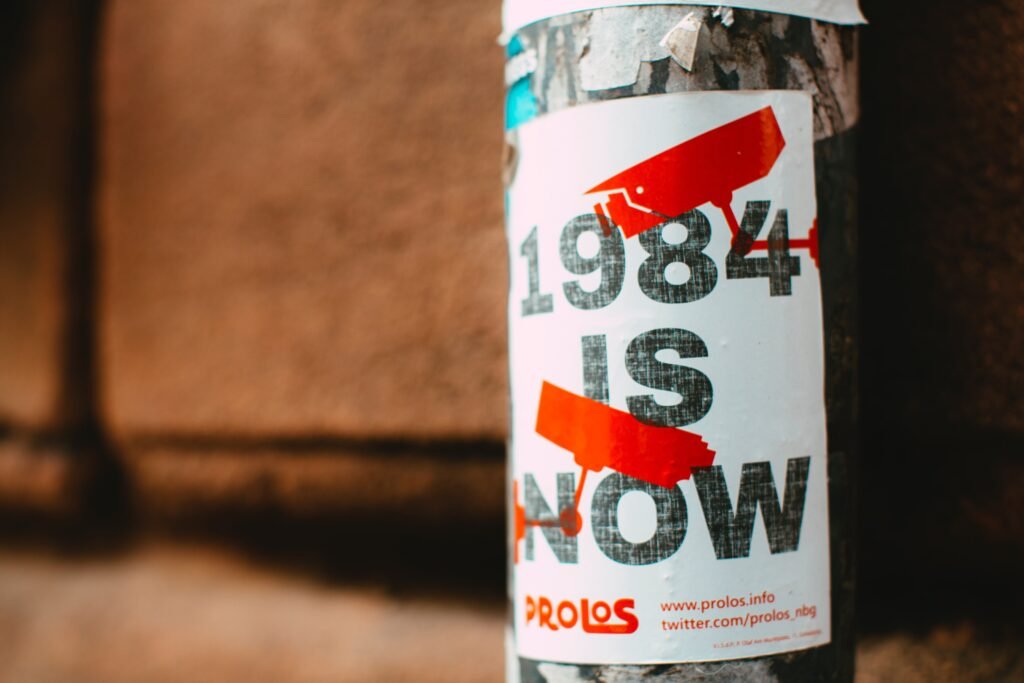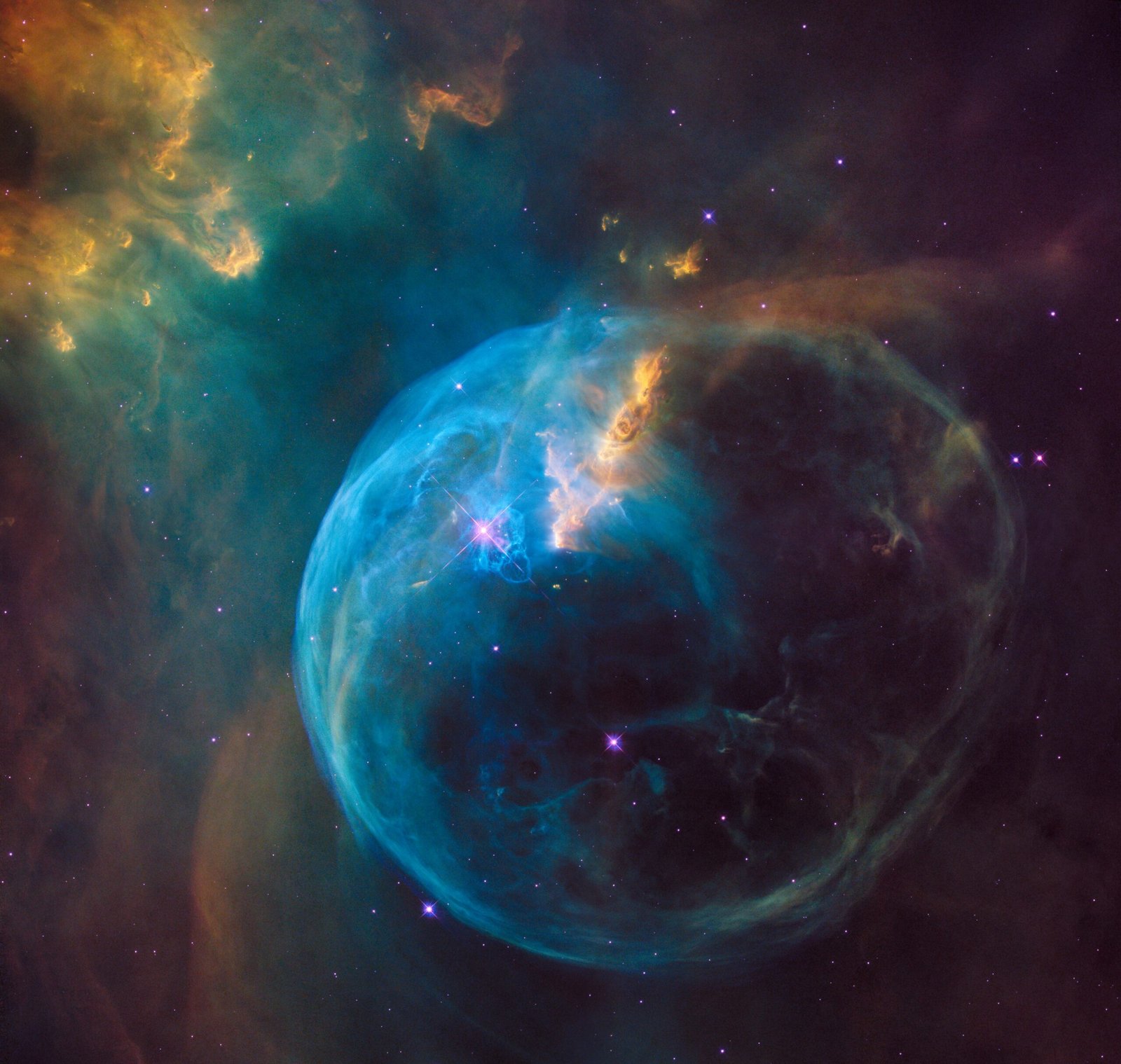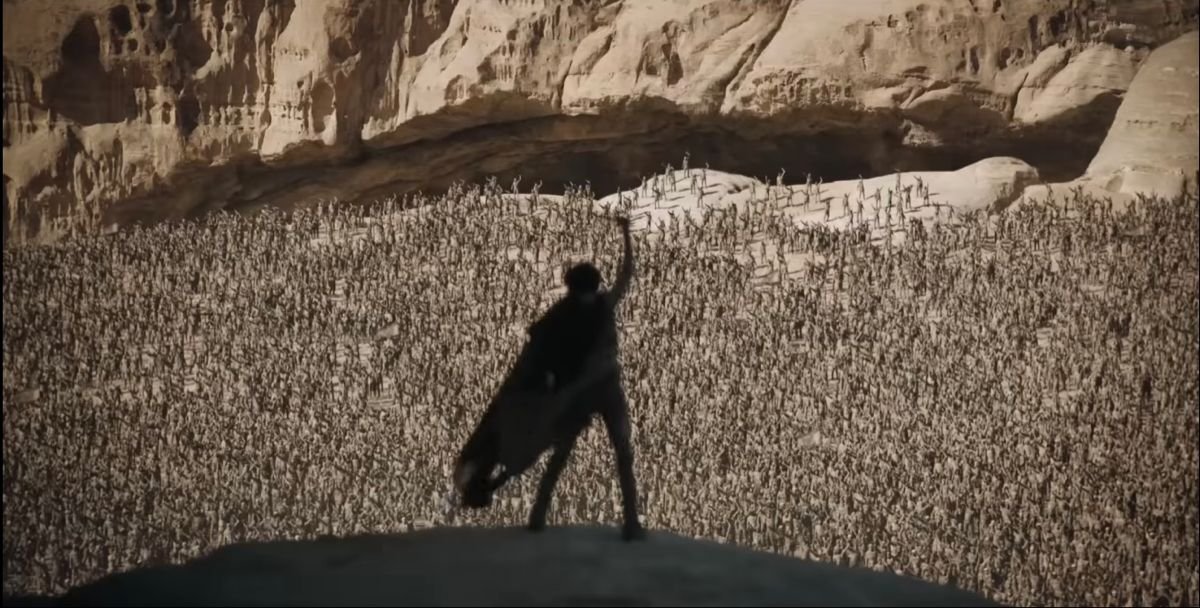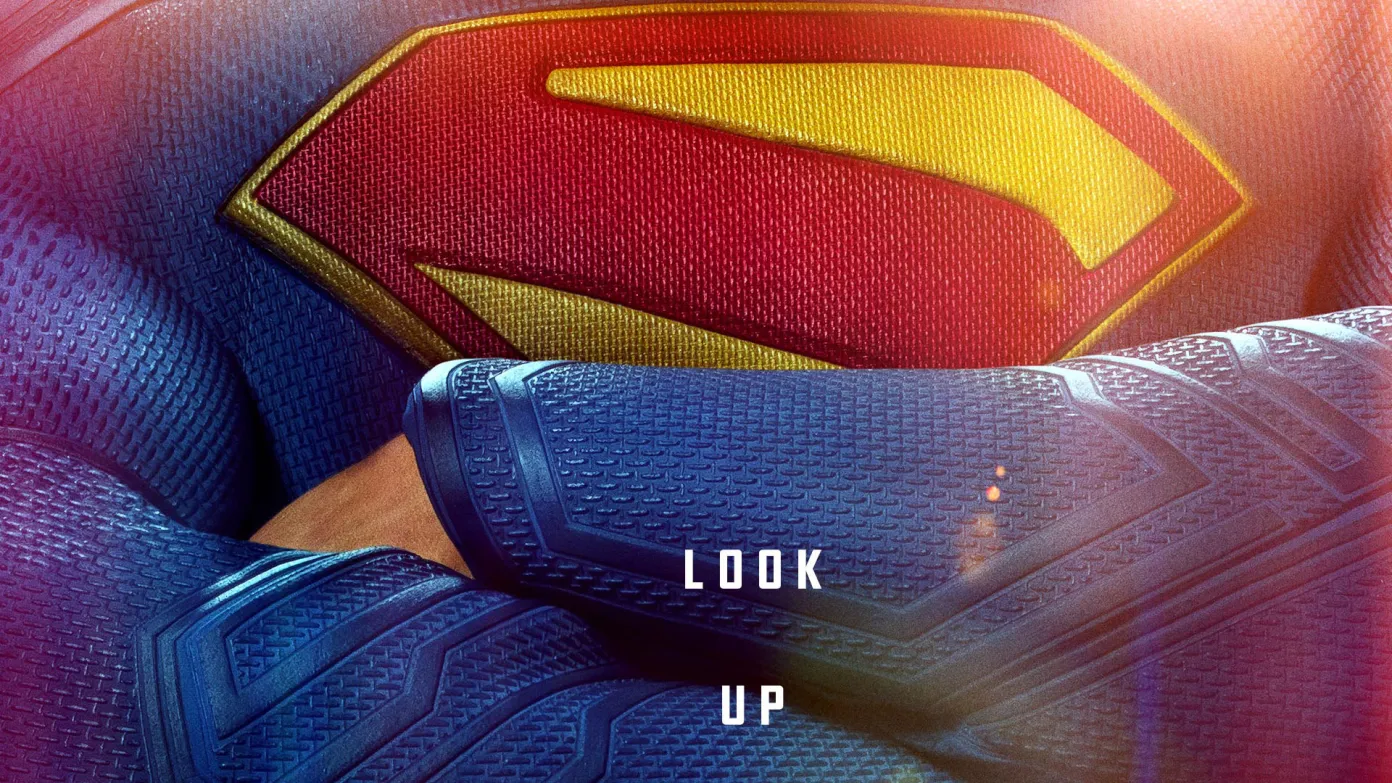The Hunger Games. The Last of Us. The Handmaid’s Tale. These stories have a few things in common. Each of them has crossed different realms of entertainment media, whether it be film, television, literature, or video games. One more important thing connects these examples – they are all dystopias.
The dystopian genre goes beyond just storytelling. It is a device that makes audiences reflect deeply about society as it is, where it seems to be going, and what we value most. Dystopias are not just pessimistic visions of the future, but they are also critical reflections on what we take for granted in the present day. The fact that many dystopias depict not so far-fetched future worlds is not a coincidence. The way we relate to these stories is what makes them enthralling and haunting at the same time.

Classics in the dystopia genre often use oppressive political regimes as the backdrop to their stories. In these stories there are common themes of surveillance, control, and manipulation. Underpinning all of these issues is the message that freedom, under perverse conditions, can mutate from a right to a luxury. George Orwell’s novel 1984 serves as the quintessential dystopia capturing some of our worst fears about living under cruel state power. In Orwell’s chilling world, the ominous warning that the all-seeing “Big Brother is watching you” illustrates the dangers that emerge when powerful governments cannot be held to account. Unchecked, political power can invade every corner of our lives including our homes, our relationships, and even our minds. The slogan “Ignorance is strength” that is regurgitated by the story’s all-controlling government shows that those with power can manipulate, and ultimately decide, what counts as the truth.
More modern dystopias have shifted attention away from the state itself towards its most enduring system – capitalism. The South Korean drama Squid Game is a recent example of a dystopia that critiques capitalism. The show underscores the struggles of those living in the outskirts of society because of heavy financial debt. The exposition of each important character is centred around their personal experiences with financial hardship. For other characters, participating in what becomes a deadly game in pursuit of financial freedom, lack of exposition is also telling. Audiences are limited to understanding them based on the failures leading them to fight desperately for one last chance at escaping their economic prisons. Their identity is fundamentally tied to their negative relationship with money. The in-show audience, bored and wealthy spectators, go further by exploiting the dire situation these characters find themselves in. They relegate them to nothing more than entertainment pieces for their own viewing pleasure. The point is clear in this dystopia – how important a person’s life is directly relates to their financial status.
For every powerful critique that has been put forward by a dystopian story, there seems to be a spin-off that dulls its sharpness. The reality game show Big Brother takes its name directly from Orwell’s ever-present dictator in 1984. The character’s powers of surveillance are taken as inspiration for a show that places celebrities in a controlled setting where their every move is watched for the entertainment of viewers. Orwell’s antagonist becomes more trivial through this format. A character that highlights abuse of political power is co-opted to encourage the very invasion of privacy that Orwell originally warned about.
Squid Game has also had its core message undermined by the recent reality game show spin-off Squid Game: The Challenge. While the original gives an insight into the dark side of capitalism, its imitation appears to either miss the memo or not care about it. As a dystopian drama, Squid Game was not subtle in showing us the ills that come with a money-obsessed society. Violence, betrayal, dehumanisation, commodification, and exploitation are all by-products of capitalism that were laid out to bare by Squid Game. Its reality show counterpart incentivises ‘softer’ versions of these toxic behaviours, rewarding players for deception, scheming, and manipulation to get ahead in the game. This type of set-up encourages a ‘winning at all costs’ that represents capitalism at its worst – a hyper-competitive dog-eat-dog world. In the extreme sense, the Squid Game characters should not have to be playing a fatal game to gain value in society. In the less extreme sense, the players in Squid Game: The Challenge should not have to play dirty tricks to pave their way towards prosperity.

Big Brother and Squid Game: The Challenge have taken much away from the critical commentary found in the works that they take inspiration from. In isolation, these reality game shows make for fun viewing. But shows like these need to be traced back to where they came from. Corporate television is the ‘great distraction machine’ that takes politics out of entertainment. This point is not to deny the value of pure entertainment – politics has its time and place. But it is important to reflect on how corporations like Channel 4 (Big Brother) and Netflix (Squid Game) benefit from getting us to only watch and not think. The dystopias we learn about start to feel more possible when free-thinking reflections on our society get commodified and packaged into soulless entertainment pieces.
There is a lot of meaning behind the dystopia aesthetic. These stories should not be cheapened – yet that means something else for big television and streaming corporations. In light of this, it feels only right that the original sentiment behind these stories is not lost. Reminding ourselves of this can help in ongoing struggles to prevent a dystopia becoming a reality.






Nice Read!
A very thought provoking comparison made between the moral of the inspiration pieces Squid Games and 1984, to the exploitation of self-contemplation drawing toxicity and betrayal for the purpose of entertaining an impartial audience, in the reality shows that followed.
I also found it rather interesting how you had made a connection between the political states and oppression within many depicted dystopian realities. I had never considered how it was prominent within all of these pieces.
This makes me reconsider the dystopian notion portrayed in ‘WALL-E’ as well, where the message is one of environmentalism and disregard of the planet.